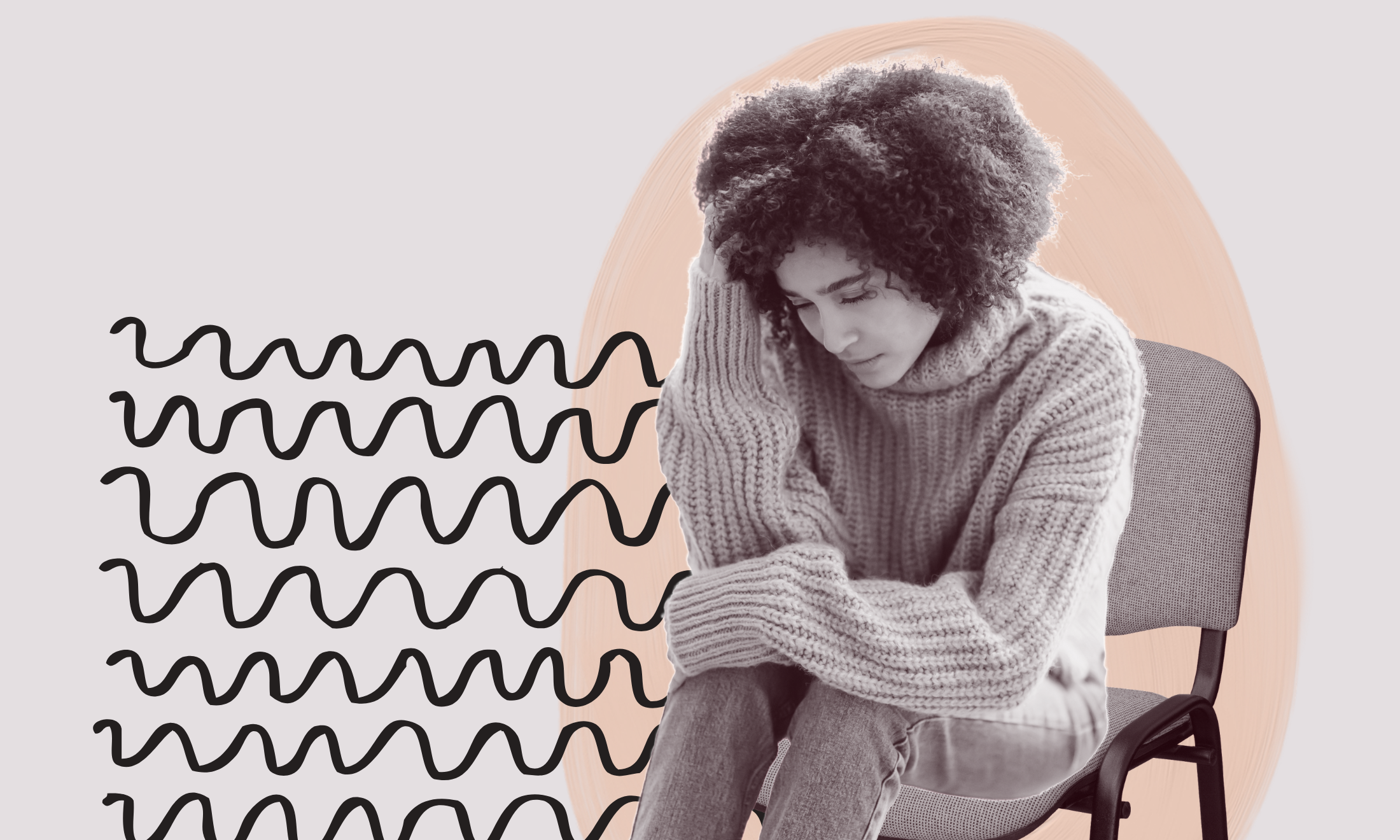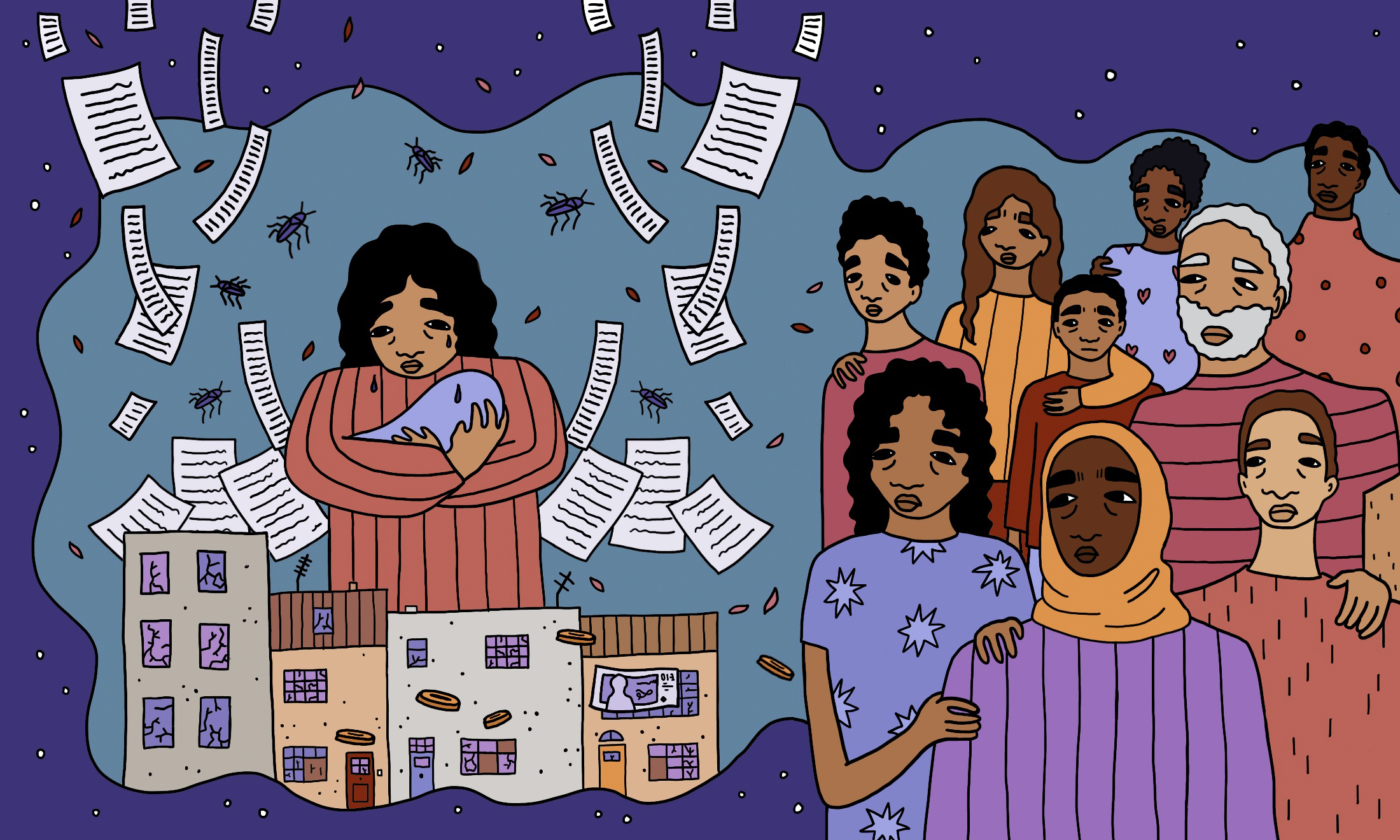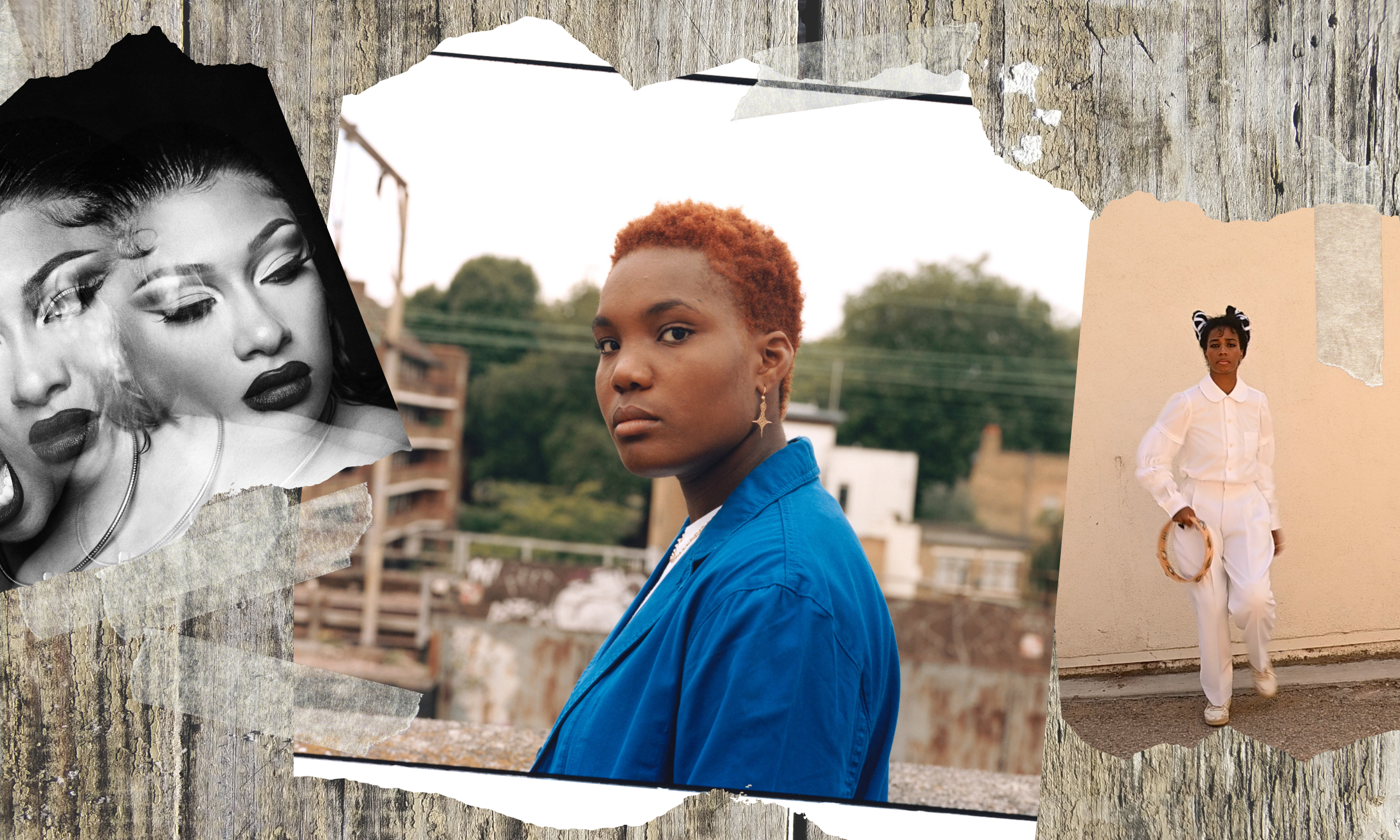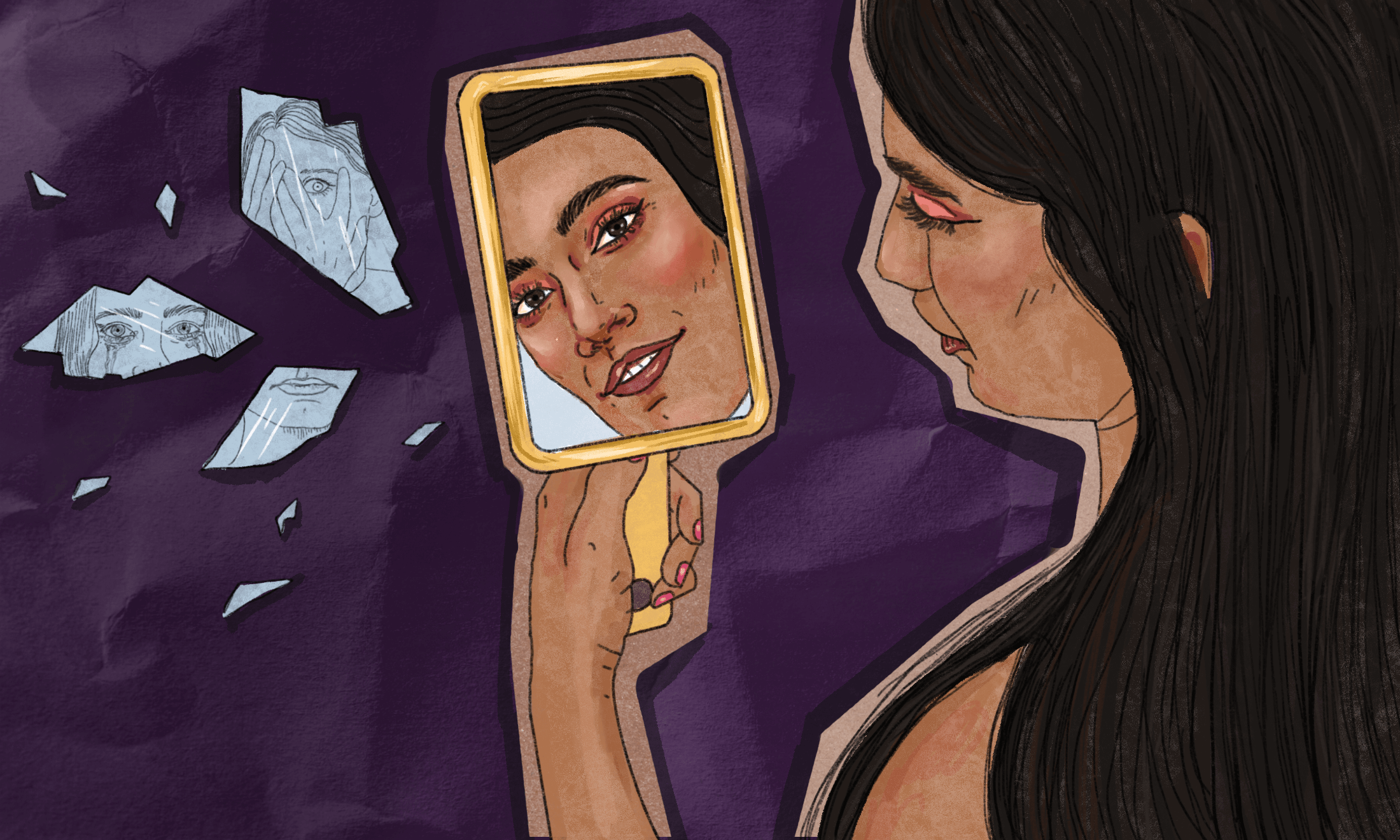
Canva
After 10 years of therapy, I want to know: does it ever end?
Over 10 years of sessions have left me feeling dependent on the support.
Nomqhele Beauty Dhlamini and Editors
18 Jun 2021
Content warning: mentions of suicide
Everyone has experienced extremes on the mental health spectrum during this pandemic. For me, it was not any different. Things felt more manageable at the start because I was in therapy, but then I left an emotionally abusive relationship, finished my masters, became estranged from my family and moved into an apartment with friends for the first time ever. After going through it all, I was a mess and the security I had gained from the 12 sessions of therapy during this time, disappeared.
Only a few days after it ended, I thought about going back for more sessions. Having been in and out of therapy for 10 years, I started feeling like I was overly dependent on my therapist as I was comfortable with feelings of depression and couldn’t see myself living outside of them. I also loved the comfort of having someone with me during my lonely moments of struggle. Despite experiencing the expected benefits, such as learning how to rationalise and contextualise my feelings, being open to the idea of being helped and eating and sleeping better, I began fearing that my reliance on therapy had become unhealthy for me. I knew I had all the tools to help me, but I was refusing to use them. And I knew that the complete answers to all my problems, as I had previously experienced, would no longer be found here in my therapist’s office.
Though I first went into therapy at the age of 15, the idea of doing it has never been easy. Vulnerability is not something that comes naturally to me, but I knew that if I wanted to get better, it was necessary. I saw my first therapist after being sectioned for a suicide attempt – I didn’t know anyone who looked like me going to therapy, so being stigmatised by those around me was an understatement. While no one outwardly said anything, I felt it in the awkward silences when I mentioned therapy sessions, and the way my dad asked me to stop speaking about it so openly.
“Having been in and out of therapy for 10 years, I started feeling like I was overly dependent on my therapist as I couldn’t see myself living outside of my depression”
Most of my sessions were based on Cognitive Behavioural Therapy (CBT), which I’ve never found to be useful because of its emphasis on the present. I feel like I’ve gained the most from the ‘harder’ therapies such as psychotherapy and psychodynamic therapy, which have pushed me to talk and think about things I swore I never would. Regardless, I was always just grateful to speak to someone who understood how hopeless I felt, and who could anchor me.
I noticed a pattern after each spell of therapy sessions. It was a process that had the same beginning, a slightly different middle but always the same ending. I’d seek help at crisis point, see a therapist, pick and mix the lessons I had learned to get through the hardship that was going on in my life, and then get better. But every time my course of therapy got close to ending, I would find another issue to try and prolong the process – until all my therapists would almost have to forcibly wean me off by reducing the frequency of our sessions with scripted words of ‘using the tools I had’ and strong encouragement of independence. It seemed that they were working towards the targeted goal of ensuring I had recovered enough by the time our 12 sessions had ended – something I could never blame them for as it was typically longer than what was prescribed on the NHS. This would bring us to what I always felt was an abrupt end, when I always felt I needed more time.
Then I would announce that I had ‘finished’ therapy to my friends. I’m not sure if it signified a personal achievement or my own expectation of recovering, but deep down, I knew I’d be back in my therapist’s office once more. Why did I always pretend to be the best I had ever been, when it was the end that would cause me to slowly spiral?
“Every time my course of therapy got close to ending, I would find another issue to try and prolong the process”
Different cycles of sessions have taught me new things about self-preservation in times of distress. I always felt that therapy would end once I dealt with my innermost traumas. I pictured a utopia of my life where the consequences of these traumas stopped affecting everything and everyone around me. While I had finally managed to address the root of my issues, their consequences never went away. The self-awareness, I gained from this realisation, helped me to start being honest with myself and others.
And perhaps I’ve been looking at it all wrong and my need for a therapist to help me with my mental health will never end. I must be truthful with myself and remember that no amount of time in therapy will help provide solutions for systemic problems I continue to face as a Black British woman. And that it’s ok to ask for help, even if that means asking help for the rest of my life. Even though I feel fine during some moments, there’s always the risk of being re-traumatised, if not by my own problems, then by navigating life in a country that will never be able to accommodate me in my entirety. I think, for now, this is the point of therapy, and this is what recovery really looks like. It’s not linear.
“I must be truthful with myself and remember that no amount of time in therapy will help provide solutions for systemic problems I continue to face as a Black British woman”
Currently I’m in a period when I’m not seeing a therapist, but I’m coming round to the idea that it may truly never end. Having this realisation makes me feel that my next round might be easier because I’m beginning to remove the pressures that I have to heal by a certain deadline and instead, trying to cultivate a community of people who are there for me when a professional isn’t. I’m realising now that I used to look for relationships with therapists that would normally otherwise be found with a friend, relative or parent – support I never felt I had. Now, I have friends who do support me and I’m no longer solely reliant on therapy. This has been a process of learning how to trust myself and others enough to speak about my problems and stop feeling ashamed about being vulnerable.
Ironically, continuously being in therapy for this long has taught me that problems cannot be faced alone. This realisation has, in part, made it easier for me to understand that the end goal of therapy is not about the absence of mental ill health, but the presence of a wider community necessary for coping. An individualist Western society will have us believing that we have to sort all our issues on our own, when in reality, it’s crucial to have a support network around you. I used to try to handle all my problems by myself and it nearly killed me. But after 10 years of working on my mental health, I’m starting to realise that this journey may never end.









